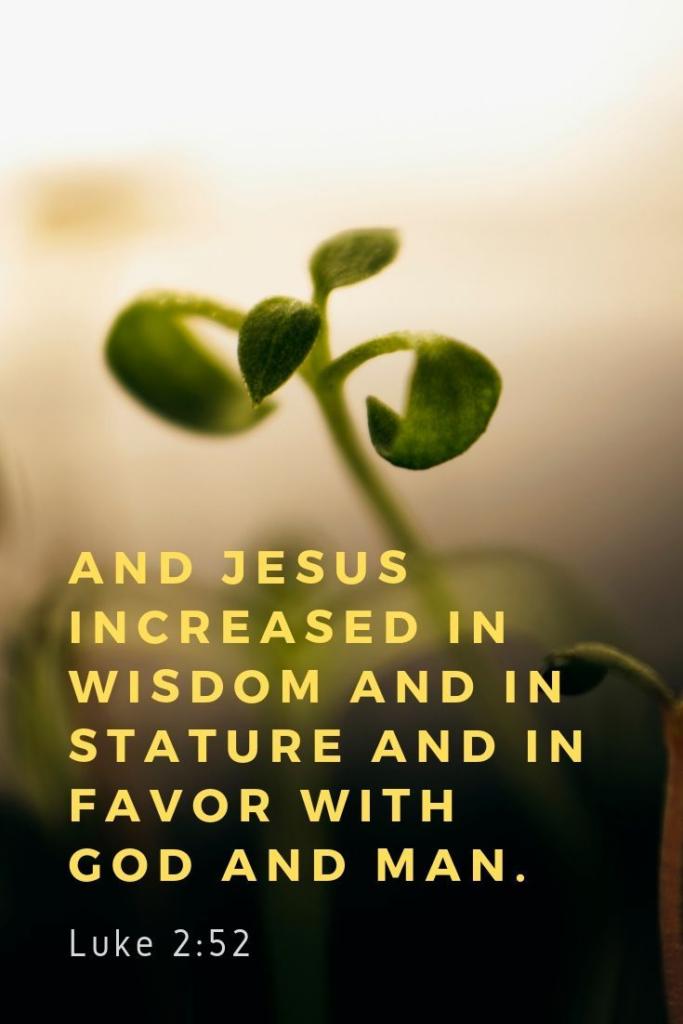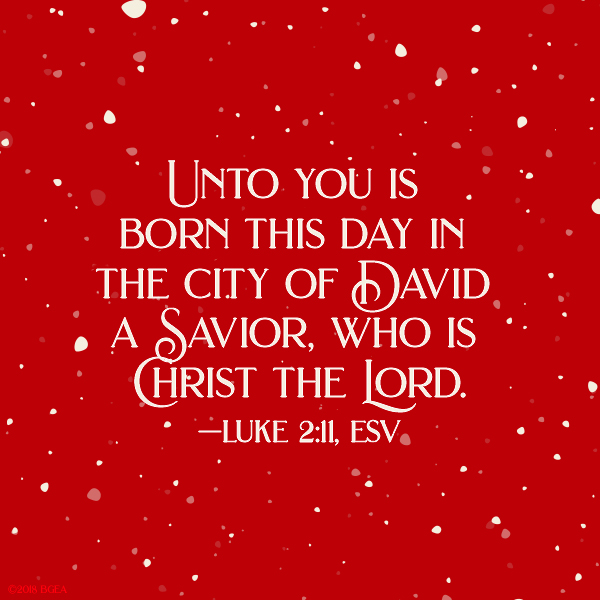The text of Exodus 2:11-25 helps us see some of the details of what became of Moses the baby rescued in Exodus 2:1-10. This text, along with a section of Stephen’s speech in Acts 7:17-29, tell us that in growing up in the palace, Moses was equipped to be a great leader in Egypt. But not all went according to his plan. God certainly had other ideas for him. After 40 years in the palace being somebody, Moses spent the next 40 years in the desert being a relative ‘nobody’, but God had plans for this too…
Message
Outline
o The second in this series
o What we’ve seen
o The story unfolds…
o Note how God used circumstances to prepare Moses to be…
- What God wanted him to be (Acts 7:17-22)
- Where God wanted him to be (v.11-15)
- Who God wanted him to be (v.16-21)
The situation of the people (v.22-25)
The burdens we bear
What you’ve been given
You and your circumstances









